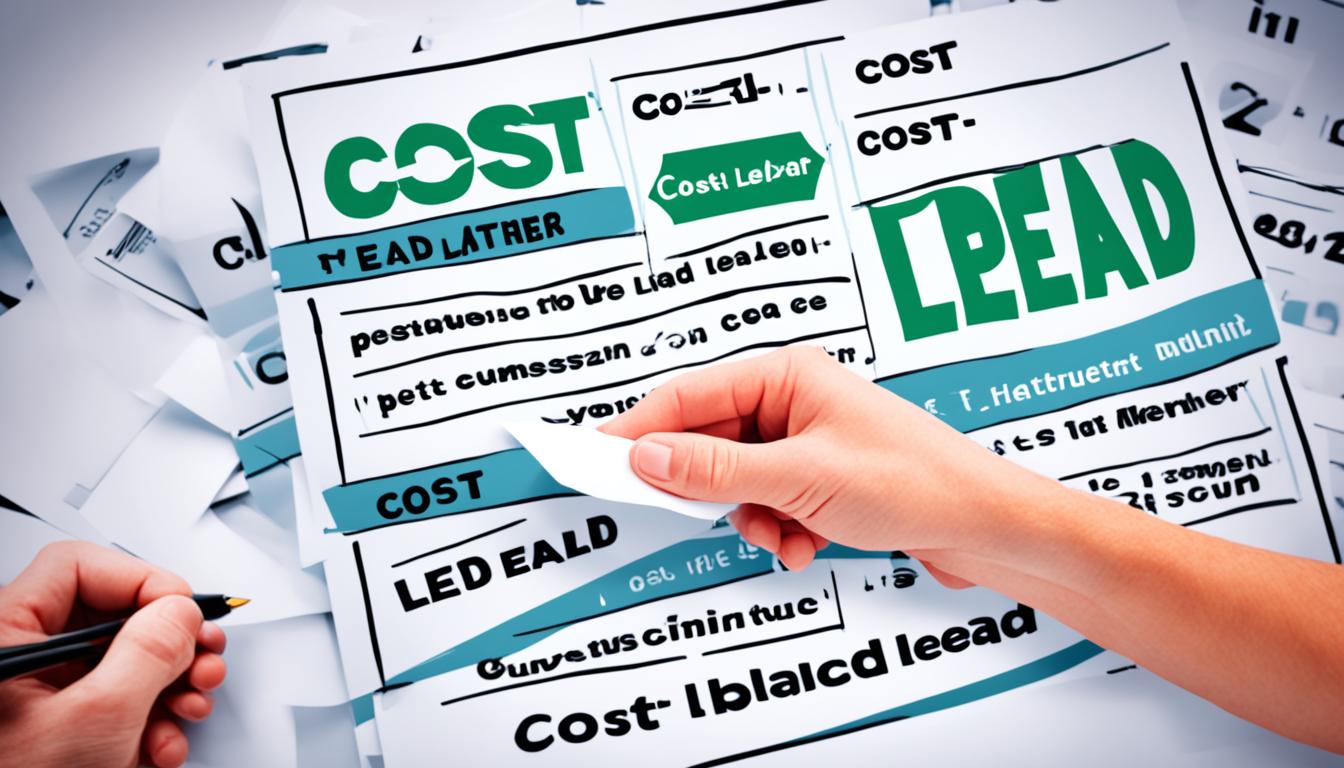Efficient payment systems form the foundation of any business. Payroll, vendor invoices, and customer refunds all require effective payment handling. Optimizing these can have a direct and positive impact on your business’s cash flow and overall growth.
Innovative payment strategies are more than just a tactical advantage for businesses. It also means optimized resources, reduced risk, and accelerated growth.
Let’s find out more about how smart payment methods can help.
Digital Tools for Traditional Methods
While businesses embrace the efficiency of online payment systems, the relevance of traditional methods like checks cannot be ignored. Integrating an automated business check writer solution can offer a seamless blend of traditional and modern payment approaches.
Certain transactions are still made using checks, and many clients prefer this method. By automating the otherwise time-consuming tasks of printing, signing, and mailing checks, businesses can benefit in diverse ways. They can cater to clients and vendors who prefer this method while still maintaining the speed and efficiency that digital solutions offer.
Automation allows for speed and accuracy, increasing the overall efficiency of an organization. It is a hybrid approach, and it bridges the gap between the traditional and modern methods of payment.
The Need for Smarter Payment Processes
With a staggering 3.4 trillion transactions processed globally in 2023, the payments industry is a complex and dynamic landscape. Businesses have no choice but to embrace smarter payment tools to navigate this complexity and ensure smooth and secure operations.
Manual payment management can lead to errors and missed deadlines, apart from additional costs. These issues can be due to simple human errors, like a misplaced invoice, or more serious concerns, like fraud.
In contrast, adopting modern payment tools and technologies can make these processes highly efficient. These smart payment processes ensure that the risk of errors and fraud is minimized, and businesses can invest time and resources toward core operations and growth initiatives.
Embracing Security to Minimize Risk
Security is paramount when managing payments. Fraudulent transactions and data breaches can lead to significant financial loss, apart from reputational damage.
Secure payment platforms help businesses safeguard transactions by the following security measures:
- Encryption of sensitive financial data to prevent any unauthorized access.
- Multiple layers of verification to confirm user identity and prevent any unauthorized access.
- Transaction monitoring for a check on any suspicious activity, in order to prevent potential fraud.
For example, the popular payment platform PayPal, which holds over 45 percent of the total online payment market, has fraud detection tools that can flag suspicious transactions in real time. This helps both businesses and customers avoid any financial loss.
Data-Driven Payment Management
Modern payment systems provide businesses with advanced analytics, enabling them to make well-informed decisions.
These analytics are extremely useful for identifying bottlenecks, as they can pinpoint clients who are consistently late on payments. Also, through forecasting payment trends, businesses can enhance their financial planning.
Data insights also empower businesses to negotiate payment terms with vendors. They can get insight into which of the vendors and partners align with their specific financial cycles.
Reducing Costs Through Consolidated Payment Channels
Managing payments through multiple platforms can be costly and inefficient. Consolidating your payment channels using tools like Stripe can reduce transaction fees, and also simplify accounting.
It offers a seamless experience across various payment methods, from credit cards to ACH transfers.
Providing a range of payment options improves customer satisfaction. SmartPayables suggests streamlining your check payment process by setting up recurring check deliveries. This minimizes any risk of returns and allows you to bundle check payments for efficiency. It also provides the ability to track deliveries for added peace of mind.
Enhanced Financial Accuracy
Automated tools have the added advantage of precision. This is because of minimal human interaction. Smarter payment processes manage recurring transactions with ease, and invoices can be sent out without any human intervention.
Automation enhances compliance with tax regulations and financial reporting standards. There is consistency and transparency in transactions, which results in better relations and trust with clients and partners.
Automated financial tracking systems also mean real-time updates and early identification of any discrepancies.
The Value of Investing in Smarter Payment Systems
Streamlining payment processes isn’t just about saving time. It’s a move that fosters growth and operational efficiency. In the long term, businesses that invest in smarter and better payment systems often start to see sustained growth.
Companies adopting these innovations are often seen as forward-thinking, enhancing their image in evolving markets.





